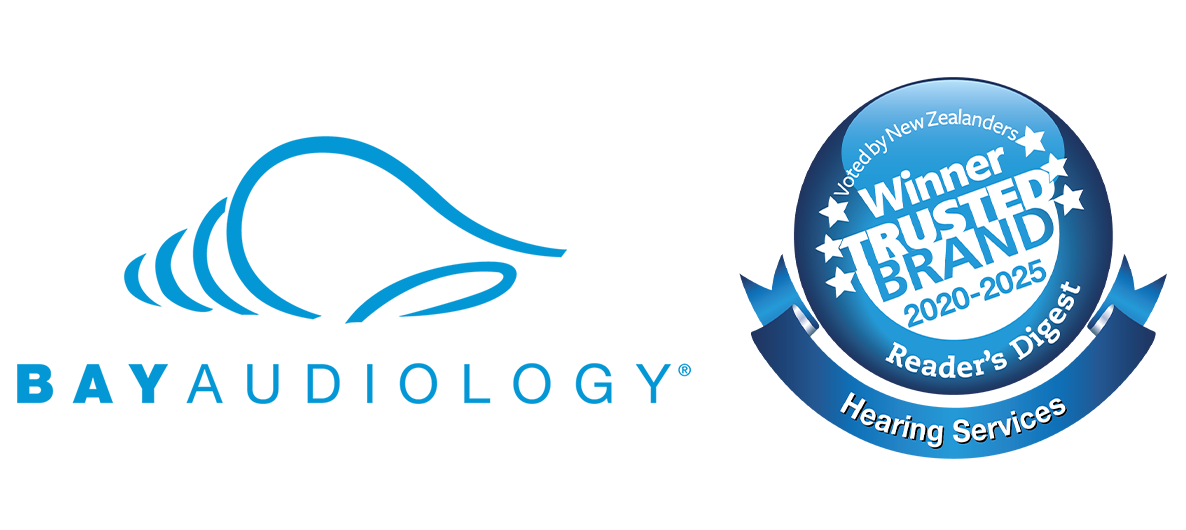
Below are answers to some common questions. If you have any other questions at all, feel free to give our team a call on 0800 700 851. You can also write us a message in our dedicated form.
About Bay Audiology services and care
At Bay Audiology, we offer a worry free 90-day money-back guarantee. This entitles you to a full refund within 90-days of purchase or an exchange to find the right fit for you and your lifestyle. Additionally, all hearing aids come with a manufacturer's warranty. Bay Audiology offers a 3-year manufacturer’s warranty for hearing aids from Starkey, Bernafon, Oticon, Phonak and ReSound. Other manufacturers may have a different warranty period. Bay Audiology also offers additional warranty packages which are greater than the standard manufacturer's warranty for clients.
We will also provide support and advice throughout your hearing journey by providing free hearing aid clean and checks. You can always get in touch with your hearing specialist for any support with your hearing aids.
About hearing health
About hearing aids
Your hearing is priceless, but it doesn’t have to be expensive with personalised solutions for every budget. There are several different sources of funding for hearing aids in New Zealand. Your audiologist will be able to advise what type of funding you may be eligible for and can help you apply.
Most New Zealanders are eligible for a Government subsidy of $1,022 for a pair of hearing aids. If your hearing has been impacted from the type of work you have undertaken, you may be able to apply for funding through ACC. Veterans’ Affairs also provide financial support to eligible people for the cost of hearing aids and associated costs. If you want additional features that aren’t strictly essential to your hearing needs and they are not covered by your funding, you can simply choose to pay the difference to your service provider.
Hearing aids include five key components: microphones, an amplifier, a speaker, a battery, and a microchip that has been specially programmed to suit the wearer’s needs. The microphones pick up sounds, which are then analysed and processed by the microchip. After being amplified, the sounds are sent to the loudspeaker which transmits the amplified sound into the ear. Here, the sounds are transformed into electrical impulses which are picked up by the brain and processed as sound.
Broadly speaking, hearing aids come in two forms: analogue and digital. Analogue hearing aids simply convert sound into an electric signal, amplify the signal, and then feed this back into the ear. Nowadays, digital hearing aids are much more sophisticated, and much more common. They process incoming sounds, refine these sounds for clarity, and then release each sound at an appropriate level. In effect, digital hearing aids are able to amplify more important sounds while reducing background noise.
Just as people that wear eyeglasses aren’t necessarily blind, the vast majority of people that wear hearing aids are not deaf. Most people with hearing aids will have some degree of natural hearing left. Hearing aids will improve their natural hearing by amplifying sound to an audible level.
Hearing loss is different for everyone, and the degree of benefit received from hearing aids is influenced by the severity of the hearing loss, the duration of the hearing loss (the sooner you act, the better), and your brain’s ability to process sound. In cases of severe/profound hearing loss, the goal of hearing aids may be to improve awareness of sound for safety reasons. In very severe cases, people may require a cochlear implant to receive benefit. This looks like a hearing aid but works in conjunction with a surgically implanted device in the inner ear.
Hearing can also be improved in some cases with assistive listening devices, auditory training, and coaching in communication strategies. Your audiologist will be able to advise you on this, or may refer you to a hearing therapist.